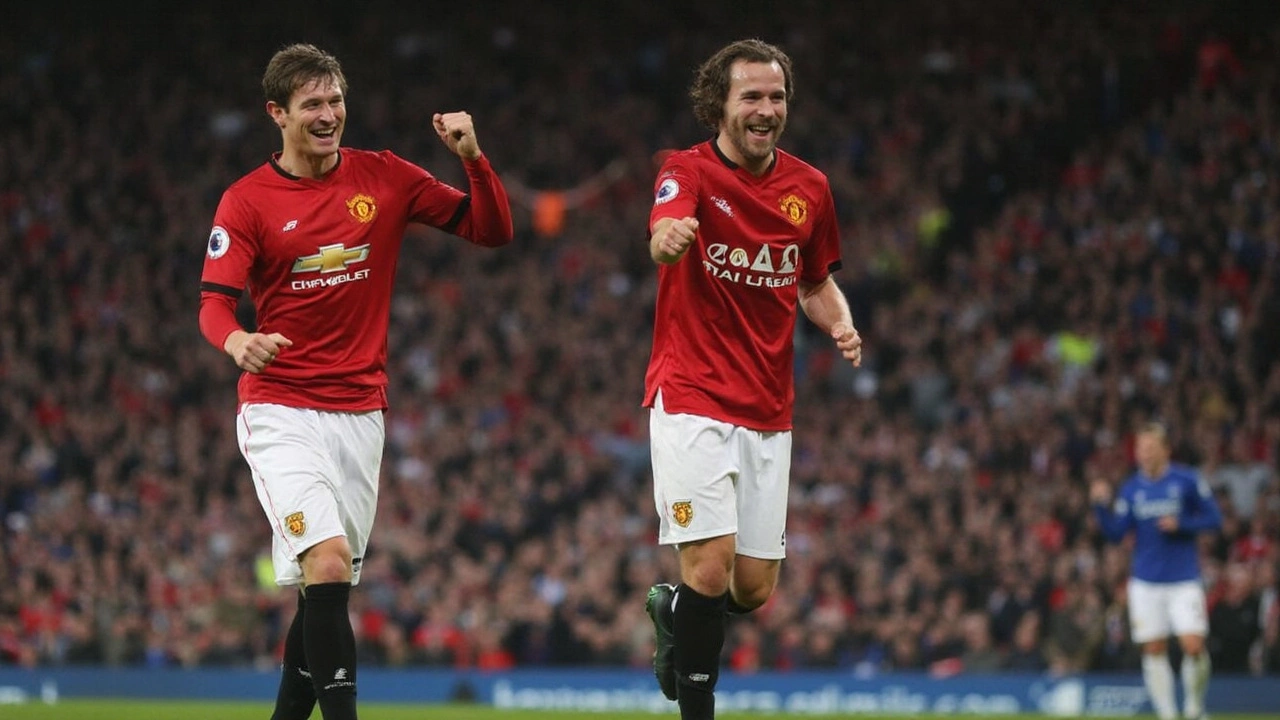VAR Controversy: Why the Video Assistant Referee Stirs Up Football Fans
Since its debut, VAR (Video Assistant Referee) promised to make the beautiful game fairer. Instead, it’s turned into a lightning‑rod for heated arguments, social‑media rants, and endless TV replays. If you’ve ever yelled at your screen after a last‑minute offside or a penalty that seemed to disappear, you’re not alone. Let’s break down why VAR sparks so much drama and look at a few of the most talked‑about moments.
How VAR Works – The Basics in Plain English
At its core, VAR is a team of officials watching the match on monitors. When a clear mistake happens – a goal, a penalty, a red card, or a case of mistaken identity – they can advise the on‑field referee. The referee then either accepts the advice or goes to the screen for a quick review. The whole process should be fast, but in reality it can stretch a few tense minutes, especially when the stakes are high.
What Makes VAR Controversial?
1. Subjectivity: Not every decision is black and white. A handball that blocks a shot might look obvious on replay but still leaves room for interpretation. Different leagues and officials have slightly different thresholds, so a call that’s a penalty in one match might be a free‑kick in the next.
2. Game Flow Disruption: Fans love the nonstop rhythm of football. When VAR pauses play for a review, it breaks that flow. Those few seconds can feel like an eternity, especially if the match is on a knife‑edge.
3. Communication Gaps: Often, the referee’s decision is announced without explaining why. Viewers are left guessing, and pundits fill the void with speculation, which fuels the controversy.
4. Technology Limits: Cameras have angles, and slow‑motion can’t always capture the exact moment of contact. When a decision hinges on a millimetre, even the best tech can’t give a definitive answer.
5. Emotional Investment: Football isn’t just a sport; it’s a passion. A VAR call that changes a game’s outcome hits fans where it hurts the most – their loyalty to a club.
These factors combine to make every VAR incident a potential flashpoint. Let’s revisit a few infamous examples that still get mentioned on talk shows.
Memorable VAR Moments That Still Spark Debate
2019 Champions League Semi‑Final – Liverpool vs. Barcelona: A handball by Liverpool’s defender led to a penalty for Barcelona. Some argued the handball was accidental; others felt the decision changed the tie’s dynamic. The replay showed the arm moving away from the ball, but the call stood, and Barcelona advanced.
2022 World Cup – Japan vs. Spain: A late equaliser was disallowed after VAR ruled a slight offside. Fans pointed out that the ball was already in the net before the offside position, but the rulebook says the offside is judged at the moment the ball is played. The decision left Japan’s supporters fuming.
2023 Premier League – Manchester United vs. Arsenal: A handball that led to a penalty for Arsenal was later deemed a “no‑goal” by VAR because the ball’s trajectory didn’t change. The back‑and‑forth left both camps angry and highlighted how interpretation can swing either way.
Each of these cases underlines why VAR is both praised for catching clear errors and cursed for creating new controversies.
What Fans and Players Want From VAR
Players often request clearer guidelines – for example, a uniform definition of “handball” that applies worldwide. Fans want better communication: a quick on‑screen graphic explaining why a decision was made can calm nerves. Some leagues are even experimenting with a “mini‑mic” that lets the referee speak directly to the audience, bridging the information gap.
In the end, VAR is here to stay. It isn’t perfect, but it’s better than letting blatant mistakes go uncorrected. The key is improving transparency, speeding up reviews, and ensuring consistent rules across competitions. Until then, expect more heated debates, viral clips, and passionate commentary whenever a controversial call hits the screen.
If you’ve got a favorite VAR moment – good or bad – share it in the comments. The conversation is what keeps the sport alive, and every perspective adds a new layer to the ongoing VAR controversy.
